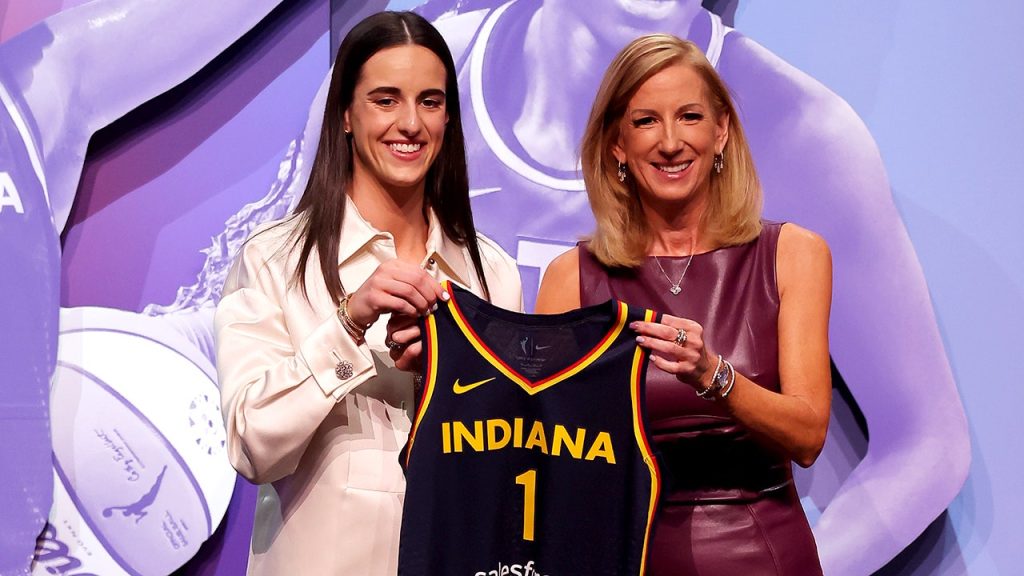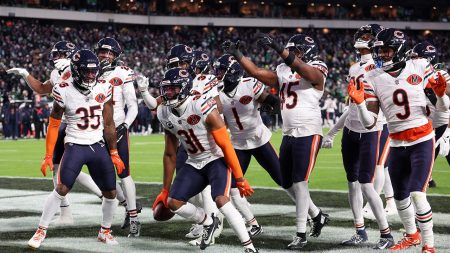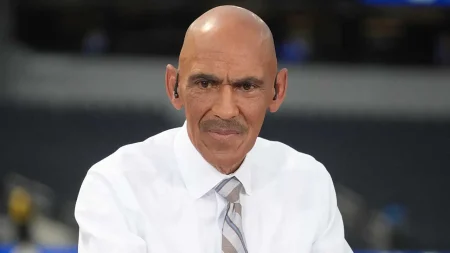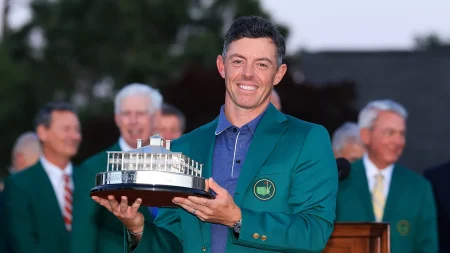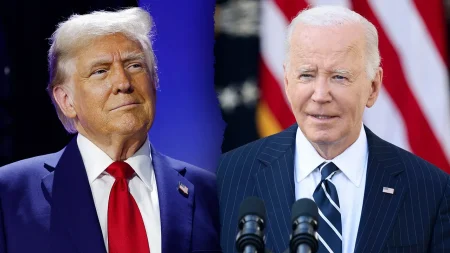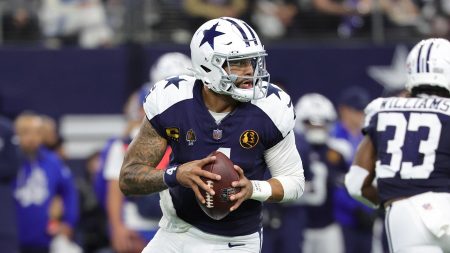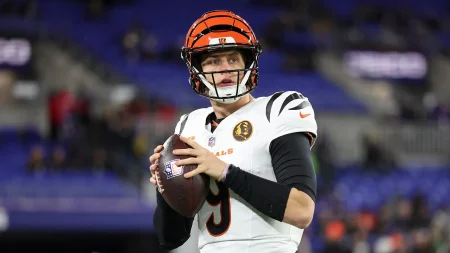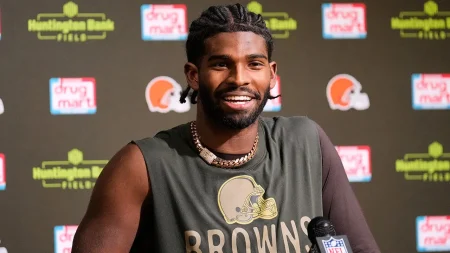WNBA Commissioner Responds to Controversial Player Comments Amid CBA Negotiations
In a recent press conference ahead of Game 1 of the WNBA Finals, Commissioner Cathy Engelbert addressed serious allegations made by Minnesota Lynx star Napheesa Collier about comments regarding rookie sensation Caitlin Clark. The controversy emerged when Collier claimed that Engelbert had said Clark “should be grateful she makes $16 million off the court because without the platform that the WNBA gives her, she wouldn’t make anything.” This accusation struck a nerve in the women’s basketball community, particularly given Clark’s transformative impact on the league’s visibility and popularity this season. Engelbert firmly denied making these specific comments, stating, “Obviously, I did not make those comments. Caitlin has been a transformational player in this league. She’s been a great representative of the game. She’s brought in tens of millions of new fans to the game.”
The situation becomes more complex regarding another allegation from Collier, who claimed Engelbert said, “Players should be on their knees, thanking their lucky stars for the media rights deal that I got them.” Unlike with the Clark comments, Engelbert didn’t explicitly deny this statement, instead referencing “inaccuracies” in media reporting. “There’s a lot of inaccuracy out there through social media and all this reporting,” Engelbert said. “A lot of reporting, a lot of inaccuracy about what I say, what I didn’t say.” The commissioner expressed personal hurt over the controversy, adding, “I’m disheartened. I’m a human too. I have a family. I have two kids who are devastated by these comments.”
This confrontation highlights growing tensions between WNBA leadership and players during a critical juncture for the league. Despite record-breaking viewership and growing mainstream attention, player concerns about compensation, treatment, and respect appear to be mounting. Engelbert acknowledged this disconnect, saying, “I was disheartened to hear that some players feel the league and that I personally do not care about them or listen to them. If the players in the ‘W’ don’t feel appreciated and value from the league, we have to do better, and I have to do better.” Her words suggest a recognition that even as the league experiences unprecedented commercial success, internal relationships may be strained.
The timing is particularly significant as the WNBA and the Women’s National Basketball Players Association (WNBPA) are currently negotiating a new collective bargaining agreement. The existing eight-year agreement, reached in 2020, is set to expire on October 31 after the WNBPA voted to opt out early. This negotiation period represents a critical opportunity to address player concerns about salaries, travel accommodations, and other working conditions that have been ongoing discussion points. Players have increasingly vocalized their desire for a greater share of revenue and improved treatment as the league’s profile continues to rise.
Collier’s public criticisms reflect what appears to be broader player frustration with league leadership. As one of the WNBA’s stars and a member of the Minnesota Lynx, now competing in the Finals, her comments carry significant weight within the basketball community. The fact that they centered partly on Clark – arguably the most marketable rookie in WNBA history – adds another layer of complexity to the situation. Clark’s arrival in the WNBA has been credited with dramatically increasing attendance, merchandise sales, and television ratings, raising questions about how the league distributes and acknowledges the value players bring to the organization.
The controversy unfolds against the backdrop of a transformative season for women’s basketball. The WNBA has seen unprecedented growth in viewership and cultural relevance, driven by compelling storylines, exceptional talent, and growing media coverage. How the league navigates this moment of internal conflict while capitalizing on external momentum will likely shape its trajectory for years to come. As negotiations continue between the league and players’ association, addressing these communication breakdowns and perception gaps will be essential to building a sustainable partnership that benefits all parties. The resolution of these tensions may ultimately determine whether the WNBA can fully capitalize on its current momentum and continue its evolution into a premier professional sports league.




